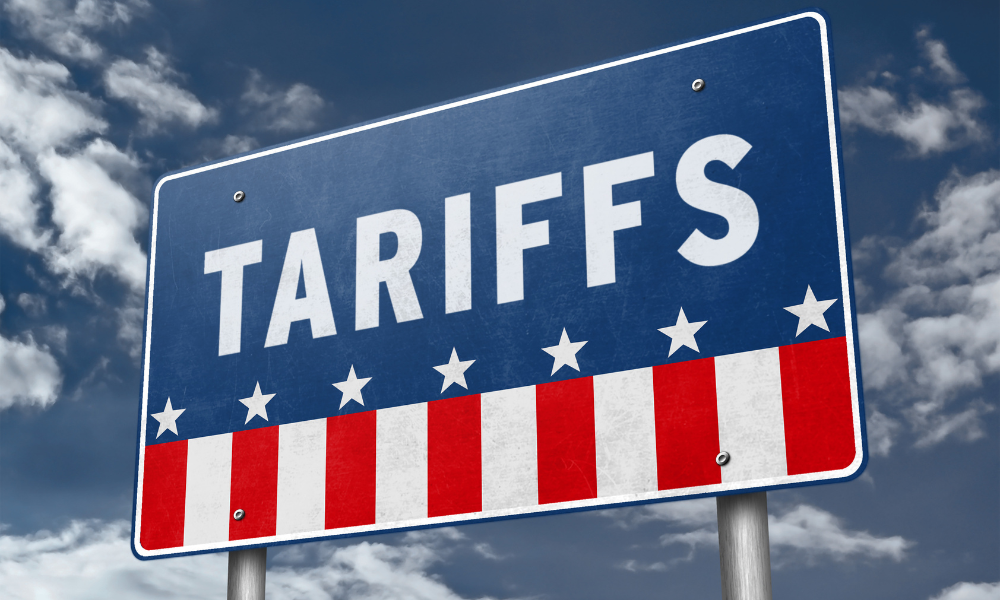Christine Tan of Excel Funds discusses India’s landmark GST bill and what it means for Canadian investors into the sub-continent
Among Canada’s investment community, Excel Funds has been beating the India drum louder than most for some time now. The firm’s founder, Bhim Asdhir, is a vocal supporter of the Modi government and its economic reforms. Last week the upper house of the Indian Parliament, the Rajya Sabha, passed a constitutional amendment bill to implement a national sales tax. That may not seem that remarkable on first glance, but for a country of India’s scale and with a deeply troubled history regarding its tax system, it certainly constituted a major event. Christine Tan, chief investment officer with Excel Funds, explains the varying implications of the bill.
“It is such a transformational event,” she says. “This will go a long way toward simplifying doing business in India. Before, when you were deciding which state to go into you would spend a lot of time looking at the different tax systems. That hurdle has been removed.”
Uniting India’s fragmented political system between states and the central government has been a key objective of the Modi government. This GST bill represents a step in the right direction in that respect, but naysayers remain. Currently the service tax in India is 12 per cent, while goods sit at 25 per cent. While still to be finalised, observers have predicted the standardized GST to come in next year will likely be 18 per cent. That’s a large decrease for goods, but a significant jump for services, so clearly this agreement came with plenty of compromise. While some have predicted the short-term effect will be inflation, the government argue the long-term results will be lower prices for consumers, higher profits for producers, and ultimately higher growth for the country.
“Modi has delivered one of his big election promises,” says Tan. “He showed himself able to unite different parties in the congress. In the long term, the finance minister of India Arun Jaitley expects that when the GST is fully implemented and you start to see the benefits, this could add up to two per cent of GDP growth. That would bring India to 10 per cent.”
It’s a figure most western economies could only dream of (Canada’s GDP growth for 2016 will be 1.5 per cent according to the IMF), which means investment into India by these nations is likely to increase given the progress being made by the Modi administration.
“New companies coming into India, from the US, Canada, Europe, they are used to dealing with a single tax system,” explains Tan. “India’s old system you could spend months or even years trying to navigate all the different tax implications of one state versus the other. Now you can plan for a single tax system. It means more growth, more jobs, and more jobs means more consumption and the virtuous cycle of demand begins.”
Related stories:
Excel Funds chief says India a superpower in waiting
Advisors missing out on India potential



